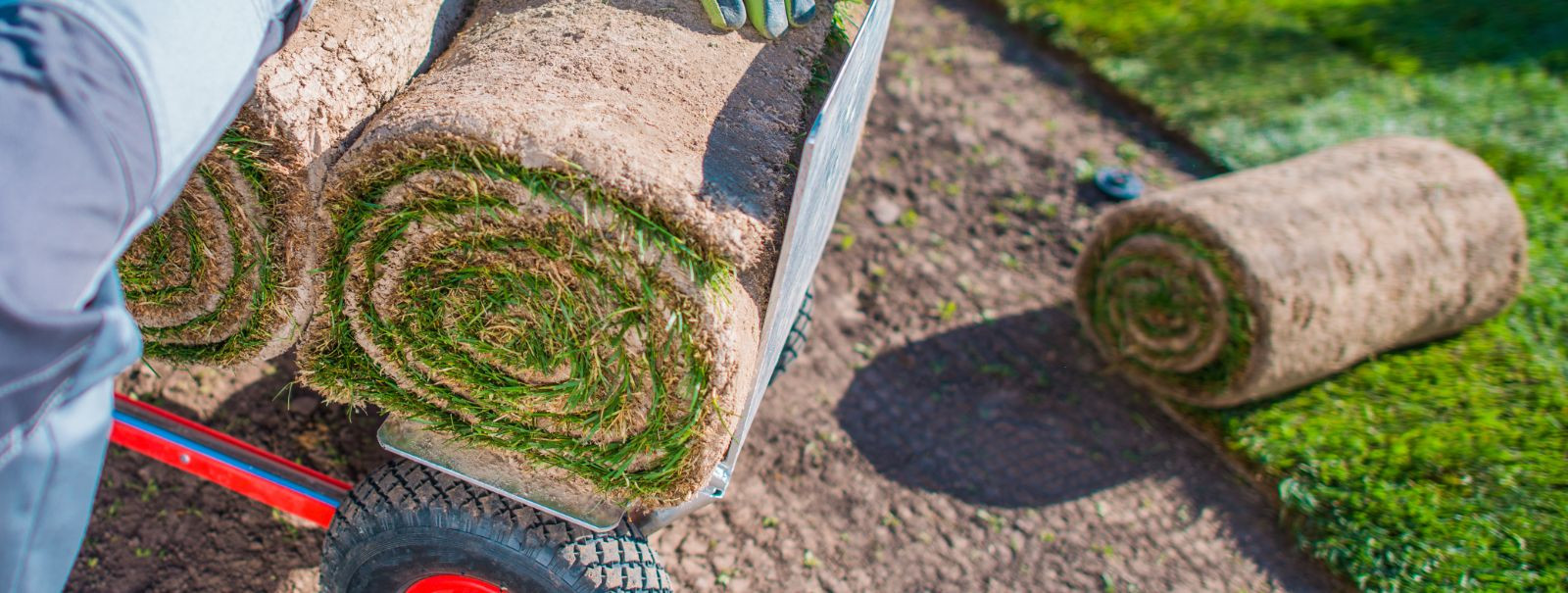5 tips for sustainable lawn care
As environmental awareness grows, homeowners and business owners are seeking ways to maintain their lawns in an eco-friendly manner. Sustainable lawn care practices not only benefit the environment but also enhance the health and appearance of your lawn.
Implementing sustainable lawn care techniques reduces the use of chemicals, conserves water, and promotes biodiversity, aligning with the values of our environmentally conscious society.
Adopting sustainable practices can lead to a healthier lawn ecosystem, reduced maintenance costs, and a positive impact on the local environment.
Tip 1: Opt for Organic Lawn Treatments
Organic fertilizers release nutrients slowly, improving soil health and reducing the risk of nutrient runoff. They are derived from natural sources and are less harmful to the environment.
Instead of chemical herbicides, consider natural alternatives such as corn gluten meal or vinegar-based solutions to manage weeds effectively.
Tip 2: Water Wisely
Watering your lawn in the early morning or late evening reduces evaporation and ensures that water reaches the roots. This practice conserves water and promotes deep root growth.
Modern irrigation systems with smart controllers can adjust watering schedules based on weather conditions, further conserving water and reducing waste.
Tip 3: Mow with Care
Mowing your lawn at the correct height and with sharp blades ensures healthy grass growth and reduces the need for chemical treatments.
Leaving grass clippings on the lawn acts as a natural fertilizer, returning nutrients to the soil and reducing the need for additional fertilizers.
Tip 4: Cultivate a Diverse Ecosystem
Incorporating native plants into your lawn design supports local wildlife and reduces the need for watering and fertilizers.
Creating habitats for beneficial insects and wildlife can help control pests naturally and contribute to a balanced ecosystem.
Tip 5: Reduce, Reuse, Recycle in the Garden
Composting grass clippings, leaves, and other yard waste creates a rich soil amendment, reducing waste and the need for chemical fertilizers.
Using lawn clippings as mulch or incorporating leaves into garden beds can improve soil health and moisture retention, further promoting sustainability.





Comments (0)